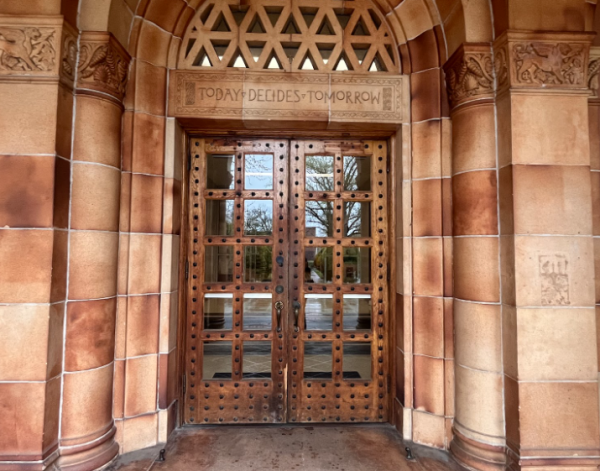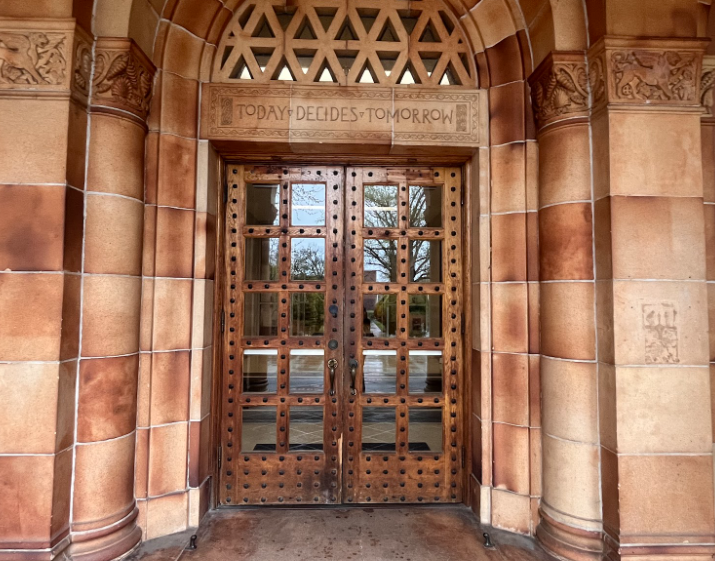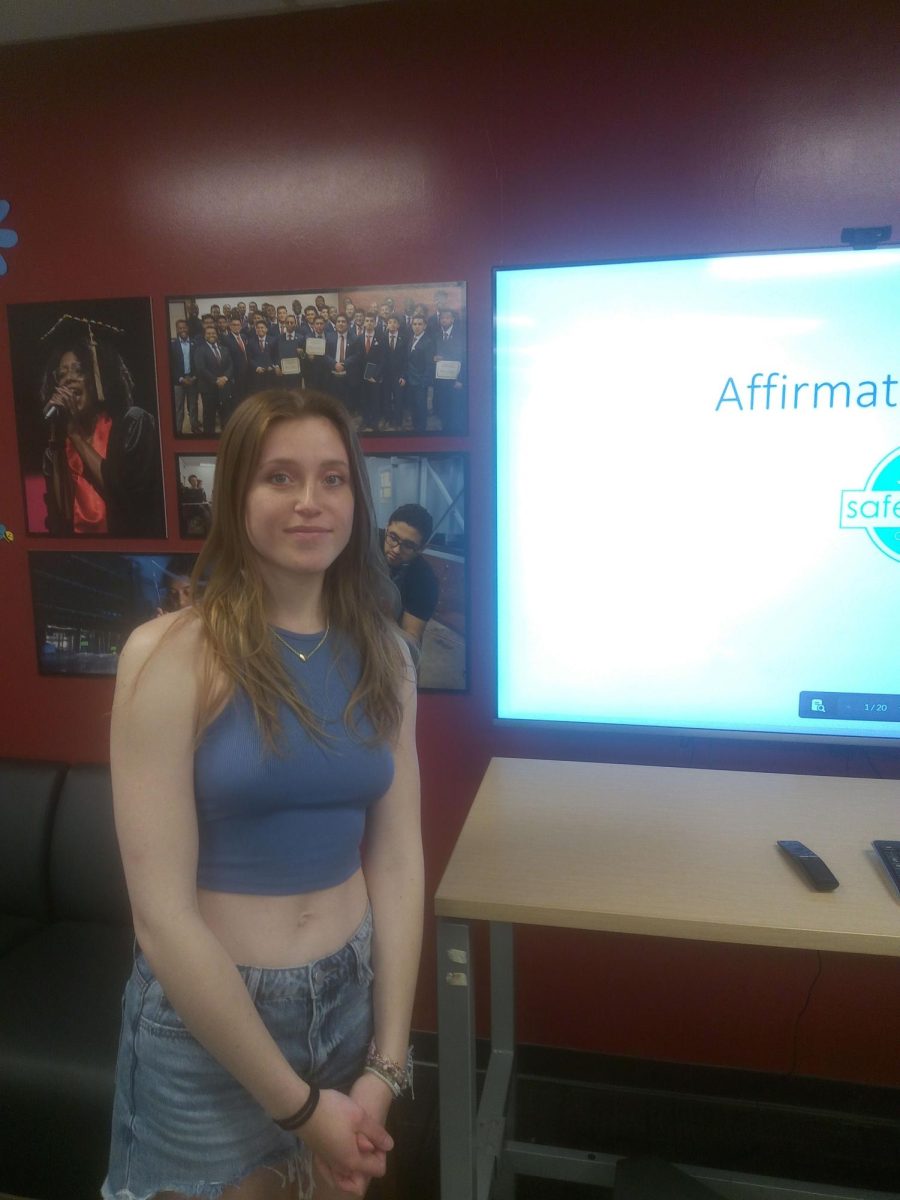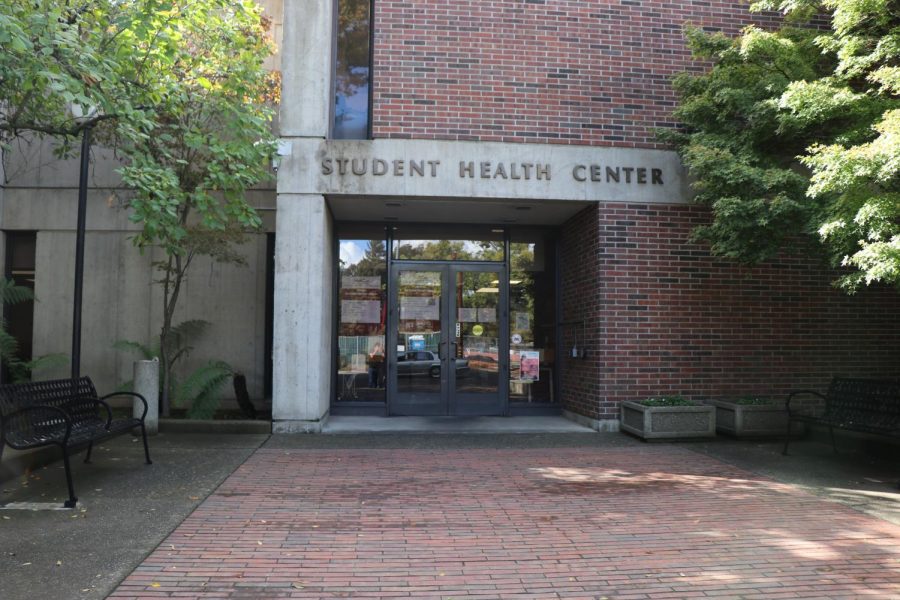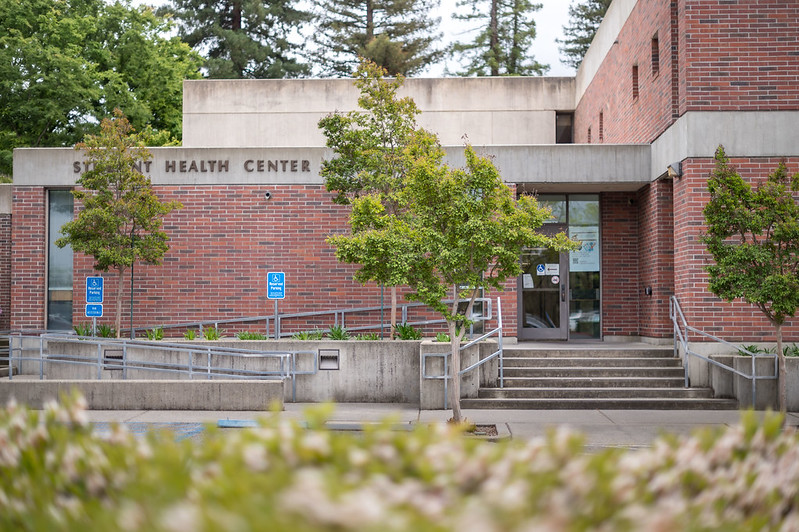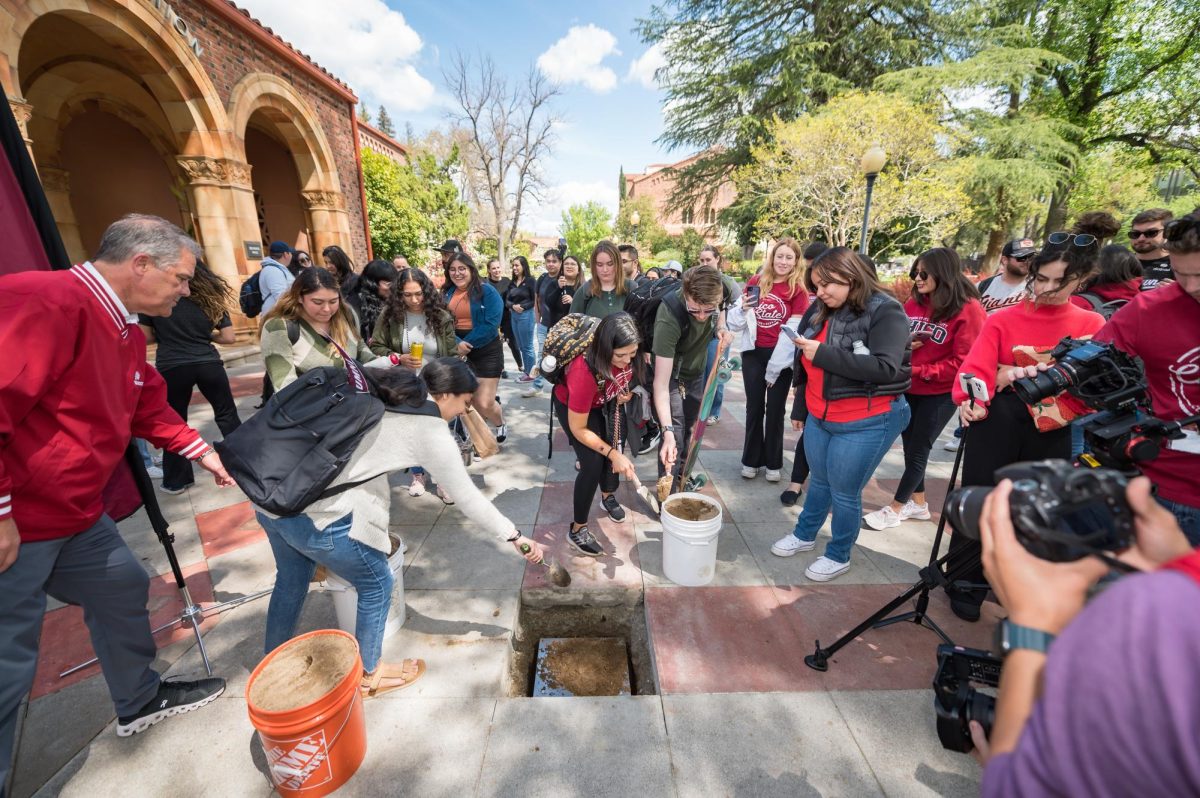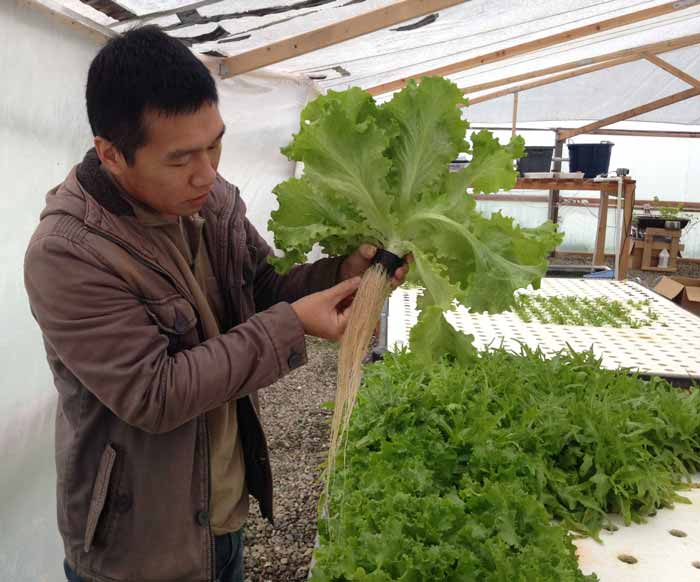
Two Chico State graduates are starting a sustainable food business using a combination of fish feces and age-old agricultural techniques.
Zi Kuang and Kirill Obraztsov, two friends who graduated from Chico State with masters degrees in business administration, are using a production method called aquaponics to grow vegetables.
Aquaponics is a recycling method in which fish and plants depend on each other to grow.
“The idea of aquaponics started in China when I was a kid,” Kuang said. “My parents practiced a form of aquaponics where they’d drain rice water into ponds and grow vegetables that way.”
Fish are raised in a 4-foot dugout. They produce feces and ammonia, which get pumped into filters where bacteria transform the ammonia into nutrients.
The nutrients flow into waterbeds where the vegetables grow. As the vegetables absorb the nutrients, the water is cleaned and transferred back to the fish.
Aquaponics uses five to 10 percent of the total amount of water consumed to produce the same amount of food, he said.
“It’s sustainable food production,” Kuang said.
They call their business Four Seasons because vegetables are grown inside a greenhouse every month of the year, Kuang said.
Kuang and his partner started testing their aquaponics system about a year ago. Their system is built in a greenhouse just 20 minutes outside of Chico.
They had a total of $15,000 in funding from five different investors when they first started. One investor, Miroslav Lulic, is a Chico State information technology consultant for the Distributed Learning Technologies department.
Lulic helped build their aquaponics system last summer, he said.
“I helped fund them because I thought it’s a pretty good idea and if we can pull it off, it would be worthwhile, not just for me as an investor, but I like the idea of aquaponics and what it can do for our environment,” Lulic said. “It has much smaller impact than traditional agriculture.”
Kuang already talked to Associated Students Sustainability about selling vegetables to the marketplace in the Bell Memorial Union, he said.
“They’re waiting to see what we can produce before they want to establish a partnership,” Kuang said. “They want a stable producer who can provide a steady amount of vegetables weekly or monthly and we’re just starting so we can’t guarantee.”
Twelve Seasons produces lettuce, watercress, spinach, basil, dill, parsley and kale, he said.
They’ve been able to produce several hundred heads of lettuce and will be distributing to 13 restaurants in Chico by the end of this month, Kuang said.
“Even if they don’t turn out to be a huge company in the future, and if they can show that they can grow their own produce through aquaponics, it will still be a good example of how you can start your own project and do something new,” Lulic said.
Christine Lee can be reached at [email protected] or @leechris017 on Twitter.


